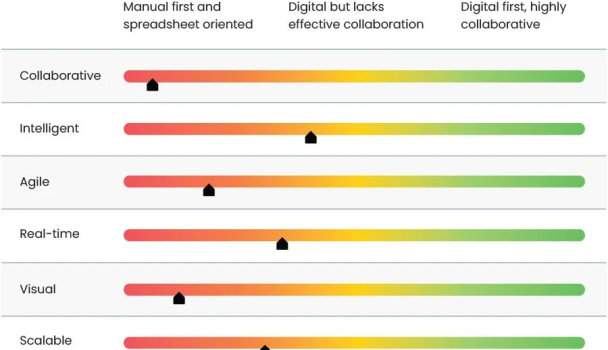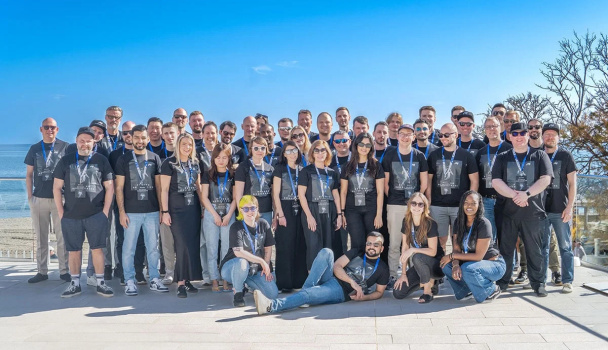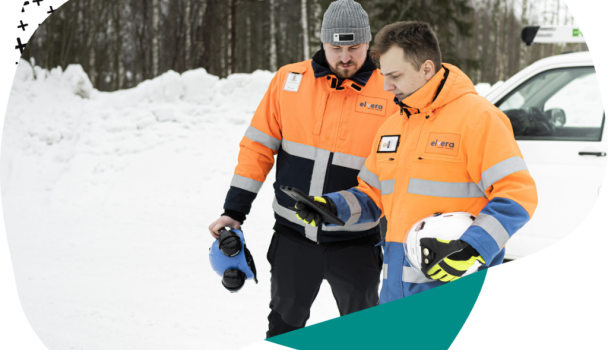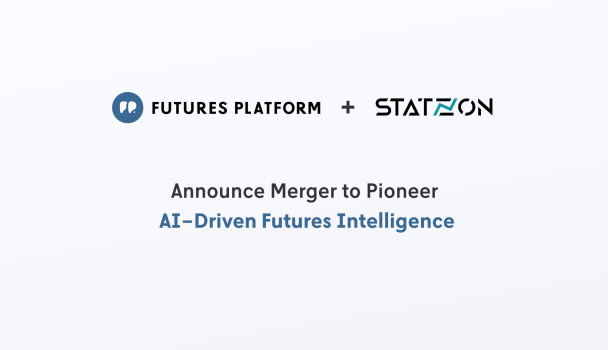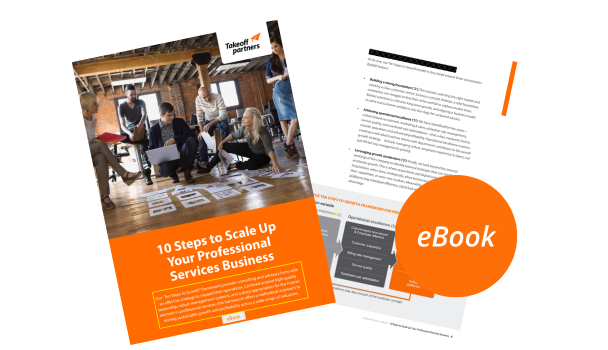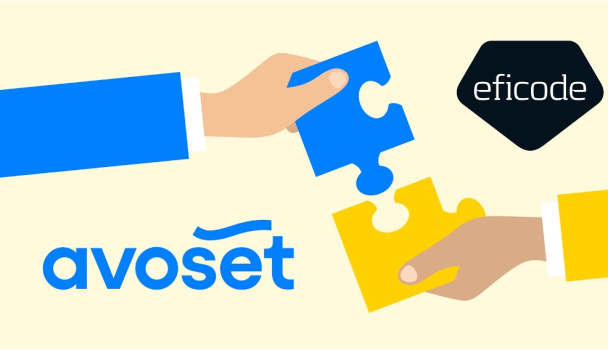The pandemic is a marathon, not a sprint – Howspace knows it and helps organizations to succeed digitally in the long term
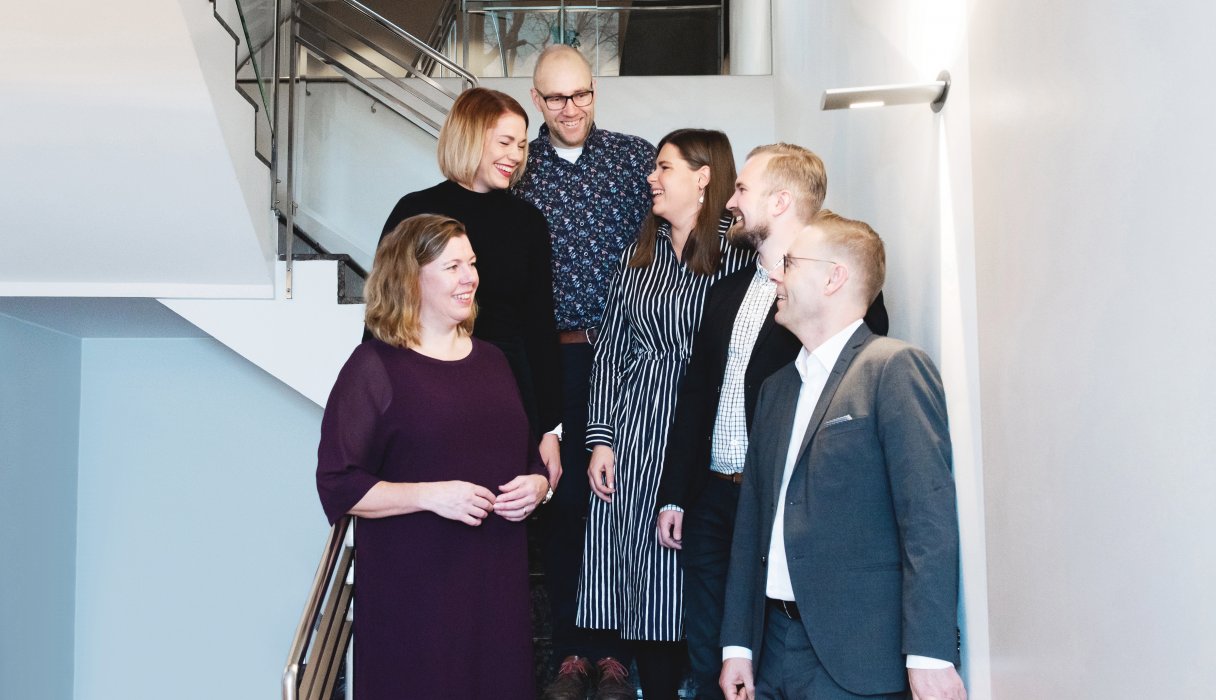
Ilkka Mäkitalo (right) with colleagues from Howspace.
When the COVID-19 pandemic hit, Takeoff Partners’ portfolio company Howspace had just secured EUR 1.6 million in bridge funding and was about to open a new office in Toronto. As schools and offices shut down and the world was subjected to an unforeseen pressure to digitalize activities, Howspace put other plans on hold and started focusing on helping organizations thrive in this new environment. CEO Ilkka Mäkitalo talks about digital organizational development and what people most often tend to forget when they are transferring interaction from offline to online.
May 2020
It is safe to say that at the moment, everyone who can feasibly carry out their work remotely is currently doing so. Due to the COVID-19 pandemic, many organizations have been forced to take the digital leap while those who already had it done are faring better.
It is no secret that digital tools designed to make remote work easy have been subjected to unprecedented popularity, with the likes of Zoom and Slack reporting massive peaks in new users and subscriptions.
It is quite the same for Howspace: demand for the digital facilitation platform grew by over 1,000% during March.
According to Ilkka Mäkitalo, CEO and Co-founder of Howspace, organizations turn to Howspace when they start thinking long term.
Indeed, now is probably a good time to start thinking long term, as most of the countries are nowhere near herd immunity and the best estimates say a vaccine could take up to a year or longer. Even if some measures would be released, the world is unlikely to go back to normal within a few months.
“I describe Howspace as something that is beyond daily practices, something that is designed for processes that have a beginning and an end. We are not in competition at all with the tools that are meant for daily communications, such as Teams or Slack – often they are used side-by-side with Howspace,” he says.
Within this realm, Howspace has an extensive variety of uses from education, workshops, and events to strategy and HR processes. To name a few, the Finnish Medical Association has developed the organization’s values using Howspace, Alma Media Group arranges inductions for new employees on Howspace, and Mannerheim League for Child Welfare uses it for strategy work. All Finland’s largest universities and consultancies, as well as many trade unions, frequently work with Howspace.
For the duration of the pandemic, Howspace has been made free for universities who want to use it in their free education programs.
In addition, any digital facilitators who are working on a pro bono project related to mitigating the effects of the pandemic can use Howspace for it without any charge.
Execute the objective, not the method
In early April, Ilkka Mäkitalo was invited to speak on YLE Puhe about remote work and leadership. He is always more than willing to share the wisdom he has accumulated over the decades while first working as a consultant and founding Humap Ltd, the consultancy that birthed Howspace, and then as the CEO of Howspace, the platform that promises even change management can be successful digitally.
“One of the key lessons to learn is to make it very clear what we are doing and what is the objective of it, instead of simply trying to do online the same things that were previously done offline,” he says.
One good example of this is related to the length of the meetings.
“If your organization used to have meetings that last for half a day, you may need to make a change now. Half a day can be a painfully long time with your headset on. You need to think which part of the work can be done asynchronously and what is worth using shared time for. Also, have people prepare for the meetings.”
This also means the shared time is all the more valuable.
“Anything that can be done in some other way, such as reporting, should not be done in the workshop or meeting. Instead, focus on dialogue and anything where group communication adds value.”
For this to succeed, however, a fair amount of trust is needed.
“This is the time to trust people. For many, it is challenging to work from home while managing other areas of life.”
Another important tip Ilkka Mäkitalo has for organizations learning digital life right now is not to forget casual interaction.
“Arrange time for virtual coffee breaks or informal end-of-Friday meetings, just so that people get those quick social interactions and chat with each other.”
The digital can be better than its real-life equivalent
For the unaccustomed, the thought of taking organizational development online may seem daunting. Ilkka Mäkitalo believes it is easier than it might feel.
“People often think that digitalization is a heavy and slow process requiring significant investments and extensive training. This view is outdated: the required technology these days is cloud-based, fast and agile. The solutions are easy to learn and deploy.”
Besides it is worth it – not least because, according to Mäkitalo, a successful digital facilitation is not only as good as its offline equivalent, but can have many significant advantages.
“When there are many participants physically in the same room, there isn’t much time per person to speak, meaning a lot of good input never gets expressed. Howspace, for instance, leverages AI and features such as voting and liking to get everyone’s voice heard.”
One of the most powerful applications of this is to involve the entire organization to work on values or strategy. This way, the brainpower of the entire personnel can be harnessed and the execution is much easier because everyone is involved from the start. Chances are that once the pandemic is over, you may not want to go back to the way it was.
More information: www.howspace.com

